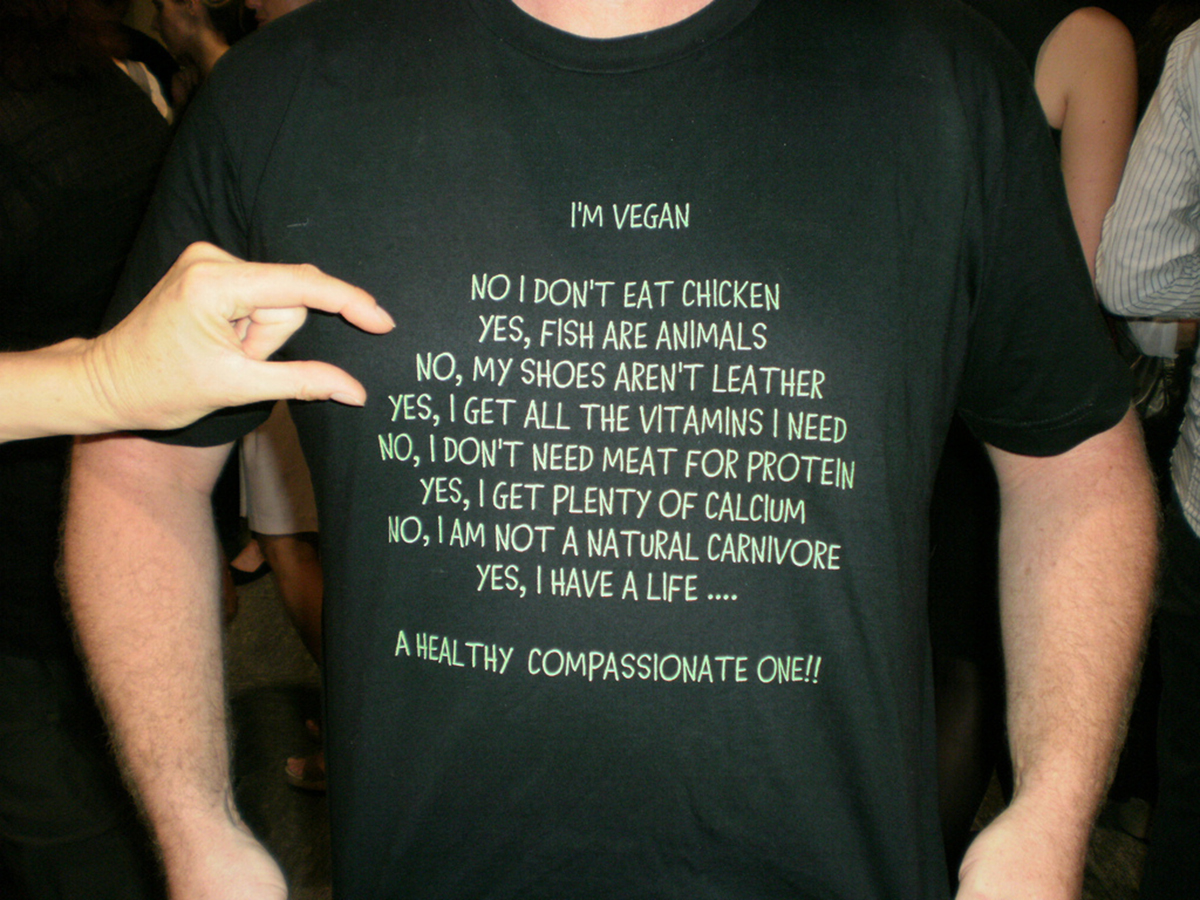Diet makes a difference in managing your cholesterol, but the diet that works is probably not what you would expect.

Eating Lots of Cholesterol Doesn't Always Cause High Cholesterol
In the late 1980s, the prestigious New England Journal of Medicine ran a clinical report of a man who was then 88 years old who had eaten 25 boiled eggs a day for 25 years. He had simply gotten into the habit of boiling a couple dozen eggs every morning instead of cooking.
When the Florida man's doctor finally became aware of his eating habits, he ordered tests for high cholesterol (which then were not as common as they are now). To the doctor's astonishment, the tests came back with normal total cholesterol, normal LDL cholesterol, and normal triglycerides, and there were no signs of cardiovascular disease. How could this possibly be?
Even if you eat tremendous amounts of cholesterol (the man in this medical report consumed as much cholesterol in a single day as some diets recommend for 3 months), the small intestines are capable of transporting only a limited amount of it into your bloodstream. The rest is dissolved into fecal matter and flushed away with other waste. But that doesn't mean that eating anything you want is OK if you have a problem with high cholesterol.
More Than One Diet Works For Lowering Cholesterol
One way to lower your cholesterol is to eat fewer high-cholesterol foods. This approach works if you don't have particularly high cholesterol. Eliminating essentially all the cholesterol in the foods you eat typically lowers cholesterol levels about 15%, which is about what you would expect because food provides about 20% of the cholesterol in the bloodstream (except in people who have hereditary conditions that cause greatly increased production of cholesterol, such as familial hypercholesterolemia). No eggs, no fatty meats, no organ meats (especially liver), no full-fat dairy products of butter, and certainly no bacon are the rule. Avoid these foods and your cholesterol levels should go down.
See Also: How To Lower Your Cholesterol And Prevent Heart Disease Without Drugs
Another way to lower cholesterol is to dissolve it by consuming more fat, but not just any fat. People who consume large amounts of olive oil, peanuts, or nuts (up to the equivalent of 100-200 extra calories a day) also enjoy lower cholesterol levels because of the like dissolves like principle. The liver can send cholesterol into the bloodstream, or it can send it into the bowels. Eating lots of plant fat dissolves cholesterol (that's an oversimplification, it actually changes some of the chemical characteristics of a kind of cholesterol known as VLDL cholesterol, but the effect is similar to "dissolving" it) so that it is shunted to into the gallbladder to be sent on to the small intestine and out with fecal matter. Eating extra plant fat to lower your cholesterol isn't quite as effective as eating fewer high-cholesterol foods, but it can also lower cholesterol levels about 14-15%. Eating more peanut butter, about an ounce (30 g) a day gets similar results.
What About Vegan Diets For Lowering Cholesterol?
Plant foods (with a few very rare exceptions) do not contain cholesterol. An all-plant foods diet is a simple way to avoid cholesterol. Eating no animal products at all will help you lower your bloodstream cholesterol levels about 15%, no more, since your body continues to make its own cholesterol. However, vegan diets are an easy way to manage cholesterol, at least in terms of knowing what to buy.

Lowering Cholesterol 1-2-3
No matter what your food preference, you can use diet to lower your cholesterol levels in three simple steps.
- Never overeat. Excess sugar, excess alcohol, excess fat, and excess calories in general are converted into triglycerides. Some triglycerides are stored in fat cells. Some triglycerides find their way into the bile ducts and gallbladder and are destined for excretion from the body, but they compete with cholesterol for the bile salts that give them a ride. Eat too much food of any kind, and your body has to work harder to get rid of excess cholesterol.
- Go nuts. Peanuts and peanut butter, almonds and almond butter, and walnuts eaten in moderation (up to about 3-1/2 oz or 100 g a day) typically lower not just cholesterol but also weight, even though they are high-calorie foods and increase total calories consumed. Even better, eat nuts or peanuts about 90 minutes before mealtime to reduce your appetite for high-fat and high-sugar foods that can defeat your best efforts at managing cholesterol.
- Eat other foods that are rich in fibers that lower cholesterol. Oat bran (but no wheat bran) contains soluble fiber that binds cholesterol and carries it out of your body, as well as stimulating the release of a hormone called cholecystikinin, which helps you feel fuller. Eggplants and okra are also rich in soluble fiber. Beans contain different fibers that bind cholesterol and help control your appetite. Soy protein (such as tofu) lowers LDL cholesterol if eaten on a regular basis, not dramatically, but usually by about 5%. Apples, oranges, and strawberries are rich in a soluble fiber called pectin, which lowers cholesterol and helps your body regulate excesses of estrogen and testosterone.
Especially when you are hungry, be sure to eat high-fiber foods before you, for instance, eat bacon and eggs or a juicy, fatty steak. You'll get the fiber your body needs and fill up before you get the fat your body can't handle.
See Also: Top Protein Sources For Vegans
There's just one downside to using diet to control cholesterol. The way cholesterol testing is done in the United States, you can get an erroneous reading of your LDL cholesterol levels when you do an exceptionally good job of avoiding eating too many calories and especially too many sweets. American medical labs don't measure LDL cholesterol directly. They estimate it by subtracting VLDL and HDL cholesterol along with triglycerides from total blood lipids. If you eat less so you lower your triglycerides, the formula labs use to estimate LDL cholesterol will give you a higher LDL number. Don't call your diet a failure if your triglycerides are down and your LDL is up. It could just be a fluke in lab measurement.
- Photo courtesy of Alexander Torrenegra by Flickr: www.flickr.com/photos/alextorrenegra/3339393321
- Photo courtesy of Libertine101 by Flickr: www.flickr.com/photos/libertine101/6817664130


Your thoughts on this